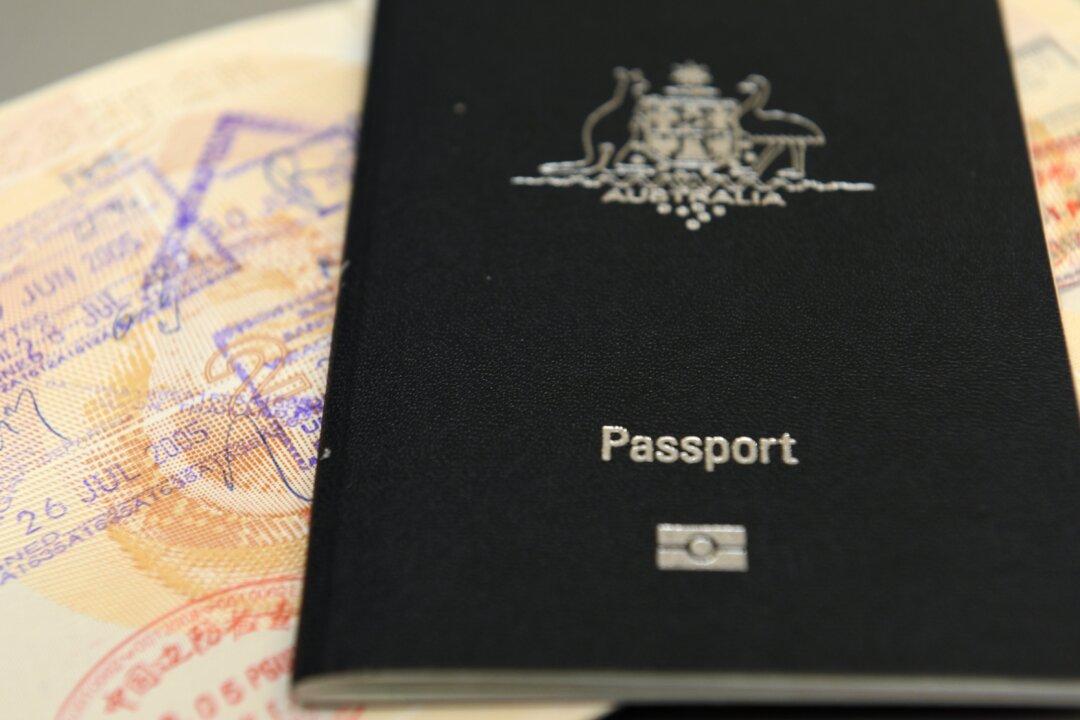New Zealanders looking to settle long-term in Australia are in for celebrations as Australian Prime Minister Anthony Albanese announced a direct pathway to Australian citizenship for Kiwis.
From July 1, New Zealand citizens who arrived since 2001 and have lived in Australia for four years and meet the standard citizenship criteria will be eligible to apply directly for citizenship, skipping permanent residency.





